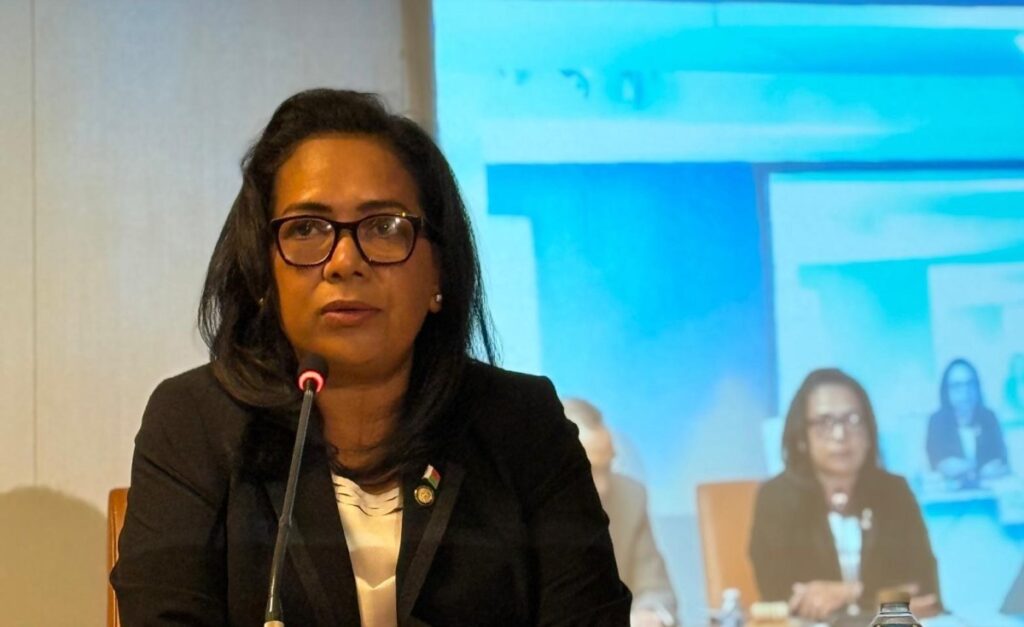With the African Growth and Opportunity Act (AGOA) that has anchored U.S-Africa relations since 2000 set to expire on September 30, prospects for extension or renewal grow increasingly slim. Among foundational principles that have anchored AGOA, the key one is the duty-free entry of specific African products into the American market.
“AGOA has helped bolster economic growth, promoted economic and political reform, and improved U.S. economic relations in the region, according to the White House. Office of the U.S. Trade Representative Office. In return, the United States gets leverage over African countries on matters such as respect for the rule of law and ensuring that African countries do not harm U.S. national security and foreign policy interests. These are two of the tenets of this trade-cum-foreign policy that has shaped bilateral ties since the Clinton administration.
Concerns about renewal have increased as the 2025 end date loomed. A last-ditch effort to extend the deal failed in December amid Congressional partisan differences. It was a major missed opportunity with the incoming president having a far different approach to trade. Currently, uncertainties aplenty surround AGOA’s future, especially since it appears that no serious negotiations have even begun. A search through recent headlines leads one to conclude that AGOA stands a little-to-zero chance of renewal. Nonetheless, supporters hold out hope that a compromise might still be attainable, with three scenarios emerging as possibilities.
The optimists
Keep up with the latest headlines on WhatsApp | LinkedIn
Those with the most positive outlook point to the view by many that AGOA, despite shortfalls, has delivered benefits for both the United States and eligible counties in Africa. The legislation has enjoyed bipartisan support in Congress and from U.S. companies that have found it helpful. Business organizations currently working for renewal include the U.S. Chamber of Commerce, the Corporate Council of Africa and the American Apparel & Footwear Association. (see: AAFA Urges Congress to Immediately Renew AGOA.)
African diplomats have stepped up their lobbying for re-authorization, despite concerns about AGOA that have been raised by various governments in the past, as have African businesses involved in AGOA-facilitated trade deals across agriculture, manufacturing, and natural resources exports. Proponents say that AGOA has benefited the American economy including with access to the critical minerals so significant for the digital economy. “The potential lapse of AGOA is not an abstract concern; it is an immediate threat to millions of dollars in investment and hundreds of thousands of livelihoods across Africa and in the United States,” Solo Andry Lantosoa Rakotomalala, Madagascar’s Ambassador to the United States told a workshop convened by the African Diplomatic Corps last week in Washington, DC.
The doubters
There are others arguing that AGOA has outlived its usefulness. And with President Trump so wedded to tariffs as a cornerstone of his ‘America First policy’, they see little likelihood that Congress will vote to extend or renew AGOA this year – or anytime soon. The Executive Order issued on July 31 eased tariffs on several African countries while imposing 30% tariffs on South Africa and three north African nations countries – Algeria, Libya and Tunisia – and 15 percent of 15 Sub Saharan countries. The rest are subject to the global baseline 10 percent tariff that took effect on April 5, 2025.
In the event that AGOA is extended, the legislation would likely be one of the tools the administration employs to pressure African countries to align with U.S. foreign policy objectives. South Africa has already been the target of Trump attacks – for alleged discrimination against the white population as well as for ties with Russia, China and Iran. There may be better prospects for bilateral trade deals with a few Africa countries, but none have been announced to date.
The pragmatists
Another perspective on this issue is advanced by those who believe AGOA could emerge in a modified form. In this category are those who see the trade deal being extended for a short duration of one to two years to allow for more extensive negotiations. They see the relatively low volume of U.S. trade with Africa as potentially opening the door to a politically acceptable compromise that could have little impact on the global American trade balance.
Dr Wekesa is the Director of the African Centre for the Study of the United States at the University of the Witwatersrand in South Africa.


